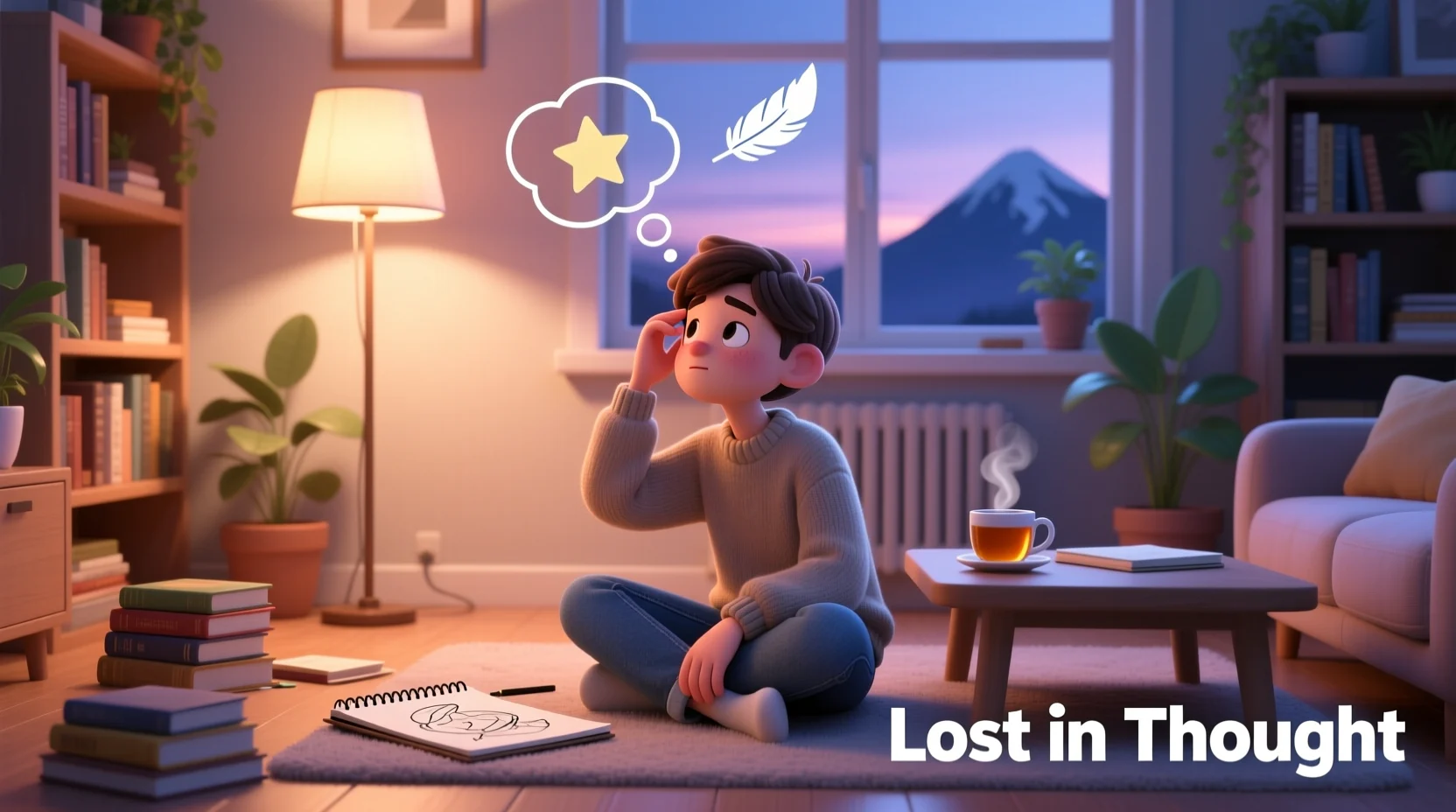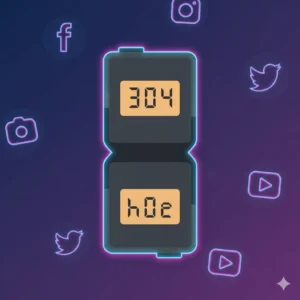Slang words evolve constantly, and one term that has gained traction in texting, social media, and gaming communities is “glaze.” But what does it really mean when someone says “glaze” online?
Understanding slang like glaze is important because it helps you follow conversations, avoid miscommunication, and interact confidently across social media, gaming platforms, or even casual chats with friends.
Whether you encounter the term in TikTok comments, Discord servers, or Instagram posts, knowing its meaning ensures you’re in the loop and can respond appropriately.
This guide will explain the definition, origin, usage, misconceptions, and cultural nuances of “glaze” in modern slang. By the end, you’ll know exactly how to use the term naturally and avoid awkward situations.
Definition & Meaning
In slang, “glaze” can have a few different meanings depending on context:
- Looking dazed, distracted, or spaced out
- Often used when someone appears lost in thought or zoning out.
- Expressing admiration or excitement (less common)
- For example, someone might say a person is “glazing” over something impressive, similar to being in awe.
Example Dialogues:
- Zoning Out:
Alex: “Why are you so quiet?”
Jordan: “Sorry, I’m just glazed… thinking about work.”
- Admiration:
Sophie: “Check out that artwork!”
Emma: “Wow, I’m totally glazed by this!”
Key Points:
- Primarily describes a mental state or reaction.
- Can imply being distracted, impressed, or awestruck.
- Context is important to avoid misinterpretation.
LSI Keywords: glaze slang meaning, glaze texting, glaze online, glaze definition, glaze reaction
Background & History
The slang “glaze” comes from the idea of having a glazed expression, similar to a donut or pastry with a shiny coating. Historically, this described someone staring blankly or appearing unfocused.
Evolution Over Time
- Early 2000s: Primarily referred to a blank stare or distracted state.
- 2010s: Expanded into online slang for reactions of admiration or being impressed, especially on social media.
- Today: Common in texting, TikTok, Twitter, and Discord, often describing someone’s reaction to content or events.
The flexibility of the term has made it a popular shorthand for expressing both mental zoning and amazement in casual conversation.
Usage in Various Contexts
Texting
Alex: “You okay? You’ve been quiet.”
Jordan: “Yeah… just a little glazed after that movie.”
Social Media
- Instagram Caption: “Totally glazed by the sunset 🌅 #blessed #glaze”
- Twitter Mention: “I was so glazed during the lecture, couldn’t focus 😅”
Gaming Communities
- Players may say someone is “glazed” when stunned by gameplay or surprised by a move.
Casual Conversation
Sophie: “He just stared at the cake like he was glazed or something.”
Emma: “Haha, that’s literally me whenever dessert appears!”
Tip: Context determines whether glaze is neutral, positive, or playful.
Common Misconceptions & Clarifications
Misconceptions:
- Only negative: Not always; glaze can describe awe or admiration.
- Offensive: Usually harmless, though tone matters.
Dialogue Example:
Alex: “Is calling someone glazed rude?”
Jordan: “Not at all, it usually means they’re just spacing out or impressed.”
Understanding these nuances helps avoid confusion or miscommunication in online or in-person interactions.
Similar Terms & Alternatives
| Term | Meaning/Use Case | Notes |
|---|---|---|
| Zoned Out | Distracted, daydreaming | Similar to glaze for spacing out |
| Mesmerized | Stunned or impressed | Positive/admiration sense |
| Dazed | Confused or in a fog | Often used interchangeably with glaze |
| Starstruck | Awestruck by someone famous or impressive | Context-specific admiration |
These terms help express similar states or reactions, depending on whether the context is neutral, negative, or positive.
How to Respond to This Term
Your response depends on context:
- Casual/Friendly:
“Haha, yeah, I’m totally glazed right now 😅”
- Funny:
“Glazed like a donut! 🍩 Couldn’t focus at all.”
- Professional/Neutral:
“I’m thinking about the topic and processing it.”
- Privacy-Conscious:
“I prefer to stay focused, thanks.”
Regional or Cultural Differences
- North America & UK: Widely understood, especially among younger audiences.
- Other regions: Less common; English-speaking communities might understand, but local slang may differ.
- Gaming & social media: Recognized globally, especially on platforms like Discord, TikTok, and Reddit.
Tip: Knowing local variations ensures appropriate use and avoids misinterpretation.
Comparison with Similar Terms
| Term | Context | Connotation | Notes |
|---|---|---|---|
| Glaze | Zoning out, impressed | Neutral/positive | Flexible depending on context |
| Zoned Out | Distracted | Neutral | More common in conversation |
| Dazed | Confused | Slightly negative | Often linked to tiredness |
| Mesmerized | Stunned, impressed | Positive | Emphasis on admiration |
| Starstruck | Awestruck by someone famous | Positive | Rare in casual texting |
Usage in Online Communities & Social Media
- TikTok: Users comment “glazed” when amazed by videos or content.
- Instagram: Used in captions for reactions to stunning photos.
- Gaming: Players say “glazed” to describe a stunned or impressed reaction.
Tips:
- Always match tone and audience.
- Use in casual, playful, or admiration contexts; avoid in formal messages.
Hidden or Offensive Meanings
- Glaze is usually harmless, but tone matters.
- Misuse in professional or serious contexts can appear confusing or unprofessional.
- Key: Understand the context—spacing out is neutral, admiration is positive.
Suitability for Professional Communication
- Not recommended in formal settings.
- Use alternatives like:
- “Lost in thought”
- “Reflecting on the topic”
- “Impressed by the results”
Example:
Instead of “I was glazed during the meeting,” say, “I was carefully reviewing the information.”
FAQs
Q1: Can glaze refer to someone staring blankly?
A: Yes, this is the most common usage in slang.
Q2: Is glaze offensive?
A: No, generally neutral or positive depending on context.
Q3: Where is glaze slang most popular?
A: Social media platforms like TikTok, Instagram, and gaming communities.
Q4: Can glaze mean impressed or amazed?
A: Yes, in some contexts it implies admiration or awe.
Q5: Are there alternatives for professional use?
A: Yes, phrases like “lost in thought” or “impressed” are suitable.
Q6: Does glaze have a negative meaning?
A: Rarely; only if used to imply distraction in a critical context.
Q7: Can men be called glazed?
A: Yes, it’s gender-neutral.
Conclusion
Glaze is a versatile slang term used to describe someone spacing out, distracted, or impressed. Understanding the term helps you communicate naturally, avoid misunderstandings, and respond confidently in social media, texting, and gaming communities.
While playful in casual settings, avoid using glaze in professional communication and opt for neutral alternatives like “lost in thought” or “impressed.”
By mastering the slang, you’ll always stay in the loop and communicate effectively with modern audiences.



